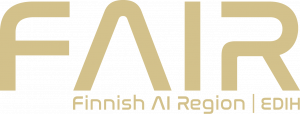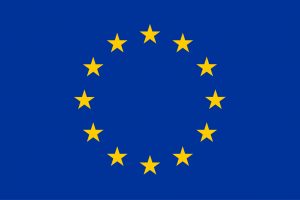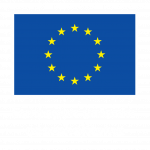

Finland can turn its talent crisis into opportunity – here's how
A new survey reveals alarming trends, but the Nordic nation has all the tools needed to reverse course and become Europe’s most attractive destination for international expertise

Text Martti Asikainen, 1.9.2025 Photo: Adobe Stock Photos

Finland stands at a pivotal moment. The latest survey from The Union of Professional Engineers in Finland reveals that support for staying in the country among international technology experts has dropped from 54% to 47% in just one year. But rather than a cause for despair, this data presents Finland with a roadmap for transformation – and the country is uniquely positioned to lead Europe in international talent integration.
The barriers are concrete and costly. Language requirements create immediate hurdles, while the lack of accessible professional networks leaves skilled newcomers isolated and underutilized. Most critically, Finland’s immigration policy forces international workers into a precarious three-to-six-month employment window after job loss, creating a climate of uncertainty that drives away precisely the talent the country needs most.
The current immigration framework, which requires international workers to find new employment within three to six months of job loss or face deportation, creates unnecessary anxiety that undermines both productivity and long-term planning. But beneath these challenges lies unprecedented opportunity.
Finland possesses unique structural advantages that, with strategic focus, could not only halt this talent exodus but position the country as Europe’s integration leader — potentially reversing current trends within years, not decades.
A comprehensive integration blueprint
The solution begins with policy reform, but extends far beyond government action.
Academic Engineers and Architects in Finland TEK’s Juhani Nokela has outlined a practical framework: eliminate the punitive employment termination rules, ease Finnish proficiency requirements for roles where English suffices, and establish dedicated support services for international professionals.
These aren’t just immigration reforms – they’re economic development strategies. When international experts feel secure and supported, they invest more deeply in their Finnish careers, start companies, and become the bridge between Finnish innovation and global markets.
Finland’s municipalities could pioneer a new model of international integration. Cities like Tampere and Turku are already experimenting with dedicated services for international residents, but the opportunity exists to go much further.
Imagine specialized integration centres that combine language learning with professional networking, mentorship programmes that pair international experts with established Finnish professionals, and streamlined bureaucratic processes designed with non-native speakers in mind. These initiatives would cost relatively little but could dramatically improve both retention rates and integration outcomes.
Corporate best practices scaling up
The private sector holds perhaps the greatest potential for rapid improvement. Petteri Oksa from the Union of Professional Engineers highlights practical measures: translation technology, workplace Finnish lessons, bureaucracy navigation support, and strengthened workplace social networks.
Forward-thinking Finnish companies are already implementing these approaches with impressive results. The key is scaling successful practices across industries and company sizes. Trade unions can facilitate this by developing standardized integration support packages and sharing successful case studies.
Finland’s strength in digital innovation offers unique opportunities to address integration challenges. AI-powered translation tools could eliminate language barriers in many workplace contexts. Digital platforms could connect international professionals with mentors, professional networks, and cultural integration opportunities.
The country that gave the world Nokia and numerous software innovations is perfectly positioned to develop the world’s most sophisticated digital integration ecosystem.
Regional differentiation and specialization
Different Finnish regions could develop specialized approaches to international talent. Helsinki might focus on startup ecosystem integration, while Oulu could emphasize technology research collaboration. Turku might specialize in life sciences networking, and Tampere in engineering mentorship.
This regional specialization would allow international experts to choose locations aligned with their professional goals while ensuring that successful integration models are developed and refined across the country.
The annual surveys from TEK and the Union of Professional Engineers provide an excellent foundation for evidence-based policy development. By tracking specific metrics – employment rates, integration satisfaction, professional development outcomes – Finland can continuously refine its approaches.
Success should be measured not just in retention rates, but in the broader contributions international experts make to Finnish innovation, entrepreneurship, and global competitiveness.
The Nordic advantage
Finland has natural advantages that many competitor countries lack. Excellent education systems, strong rule of law, environmental quality, and a culture of innovation and equality. The challenge is ensuring that international experts can access and contribute to these strengths rather than being held back by unnecessary barriers.
Sweden and Denmark offer useful models, but Finland has the opportunity to surpass them by developing the most comprehensive, evidence-based approach to international talent integration in Europe. The declining satisfaction revealed in this survey could mark either the beginning of a vicious cycle or the catalyst for transformative improvement. The choice rests with Finland’s leaders – in government, business, municipalities, and civil society.
The roadmap is clear: policy reform to eliminate punitive measures, municipal innovation in integration services, corporate best practice development, and technology-enabled solutions. Most importantly, a shift in mindset from seeing international experts as temporary visitors to recognizing them as long-term contributors to Finnish prosperity.
Finland has built its modern success on embracing innovation and evidence-based decision-making. Applying these same principles to international talent integration could transform current challenges into Finland’s greatest competitive advantage. The expertise is there. The solutions are known. What’s needed now is the collective will to implement them – and the vision to see international talent not as a challenge to manage, but as an opportunity to seize.


Finnish AI Region
2022-2025.
Media contacts